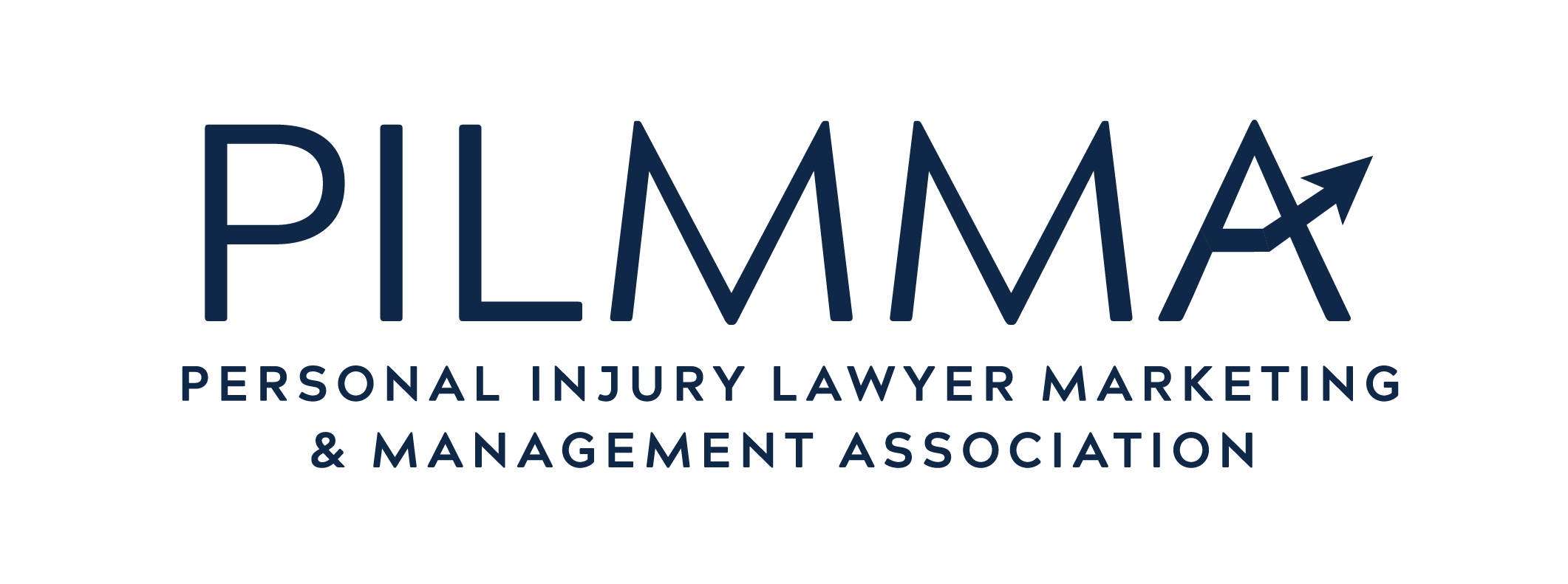By Ken Hardison
I’ve never been a big fan of traditional Annual Employee Evaluations- They typically go something like this: “Employee A, here’s what you’ve done good this year… and here’s what you’ve done badly or need to improve on this year….” Several years ago, I did away with these “necessary evils” altogether and decided to take a different approach to Employee Evaluations. Here’s why:
- People should be praised and affirmed immediately and as often as is warranted throughout the year and not just in an annual review.
- People should be called out immediately when problems arise, so they can correct or improve their performance as soon as possible, both for their sake as well as the company.
- Most busy employers only remember well the employee’s last 30 to 60 days past performance anyway.
- Employees know ahead of time that the “annual evaluation” is coming up and are more apt to put on their A game in anticipation of the forthcoming review – so their work product in the approaching weeks and your evaluation of it is not likely to be a truly accurate picture of their performance.
A LEADERSHIP MINDSET SHIFT
Your job as a leader is to coach your team and I believe it requires a shift in your Leadership mindset. As a Coach, driving your team forward should include creating opportunities for them to learn and to grow and creating a platform where their opinions and feedback is valued.
In the old Annual Evaluation paradigm, the focus was the employee’s performance, period. The emphasis was primarily on what they were doing for you and your company, without any assessment of how they felt about their job or their place in your firm. There was little opportunity for employees to provide insight or feedback. The problem with this traditional mindset is:
- It doesn’t result in the increased productivity and improved work quality that you want to see occurring in your firm over time.
- It makes creating a robust and effective firm culture more difficult.
- It gives rise to greater retention headaches, as employees don’t feel vested in your organization and are not as likely to embrace your firm’s core values or want to stay with you over the long haul.
Successful Law Firm Leadership in today’s workplace should encompass the furtherance of your firm’s goals and objectives but should also include a recognition of your employees’ need for personal growth and development.
The more your employees feel you genuinely care about their growth and advancement, the happier they will be. Happy employees work harder, give better client service, and stay with your firm much longer. Although particularly true for Millennials, I believe that virtually every employee thrives in this kind of environment. It is a win-win for everyone involved.
I’ve previously written about the importance of having the right people in the right seats on your firm’s bus. This is critical to your firm’s overall success and your ability to scale your firm for greater growth and productivity.
It is important that you make time to examine each of your employees’ strengths and weaknesses. Determine if they are “A” players. If they are, make sure you are affirming their performance.
If they are not “A” players, then determine if and how you can help them to become A players. Do they need more support? Education or training? Are they currently leveraging their weaknesses instead of their strengths? Perhaps they need to be in a different seat on your bus. Perhaps they don’t need to have a seat on your bus at all. Don’t shy away from the hard facts. If you have toxic employees, regardless of their strengths, you need to let them go, ASAP.
Encourage all your employees to be brutally honest with you. Ask them to tell you what they think the firm should stop doing, start doing and keep doing. Your employees are in the trenches of your firm each day, and many will have ideas and insights that would be valuable to you, but they will not share these thoughts with you unless they are encouraged to do so — and feel safe in coming forward. Identify the tasks that they hate doing and determine if there is someone else on the team that might be better suited for those tasks. When your employees see that you care about their opinions and their happiness and job satisfaction, they will work all the harder for you and your firm.
One of the easiest ways to gain important feedback from your employees is through monthly employee evaluation forms.
Create a form that your staff and attorneys must fill out each pay period, asking each of them to share:
- How they feel about their current position in the law firm
- What the law firm could do to make this position better
- Any specific problems they are experiencing
- Feedback about what the law firm should stop, start, or keep doing
- Whether they feel the law firm is living up to its stated core values (and if not, ask them to explain)
This systematic feedback form will give you invaluable information that will help you better manage your team and give them a clear opportunity for sharing their ideas and insights.
Employees thrive where they feel seen, heard, and valued.
Businesses thrive where there is a positive firm culture and a steady flow of innovative ideas and strategies.
Shifting your leadership mindset to one that recognizes your employees’ needs, as well as the firms, and then obtaining the right kind of feedback from them will help your firm be more productive and help you create and retain more A team players.
** PILMMA Gold and PILMMA Mastermind Members have access to Annual and Monthly Employee Evalution forms, and a host of other resources designed to help law firm owners grow a bigger and better law firm. Click here to JOIN

